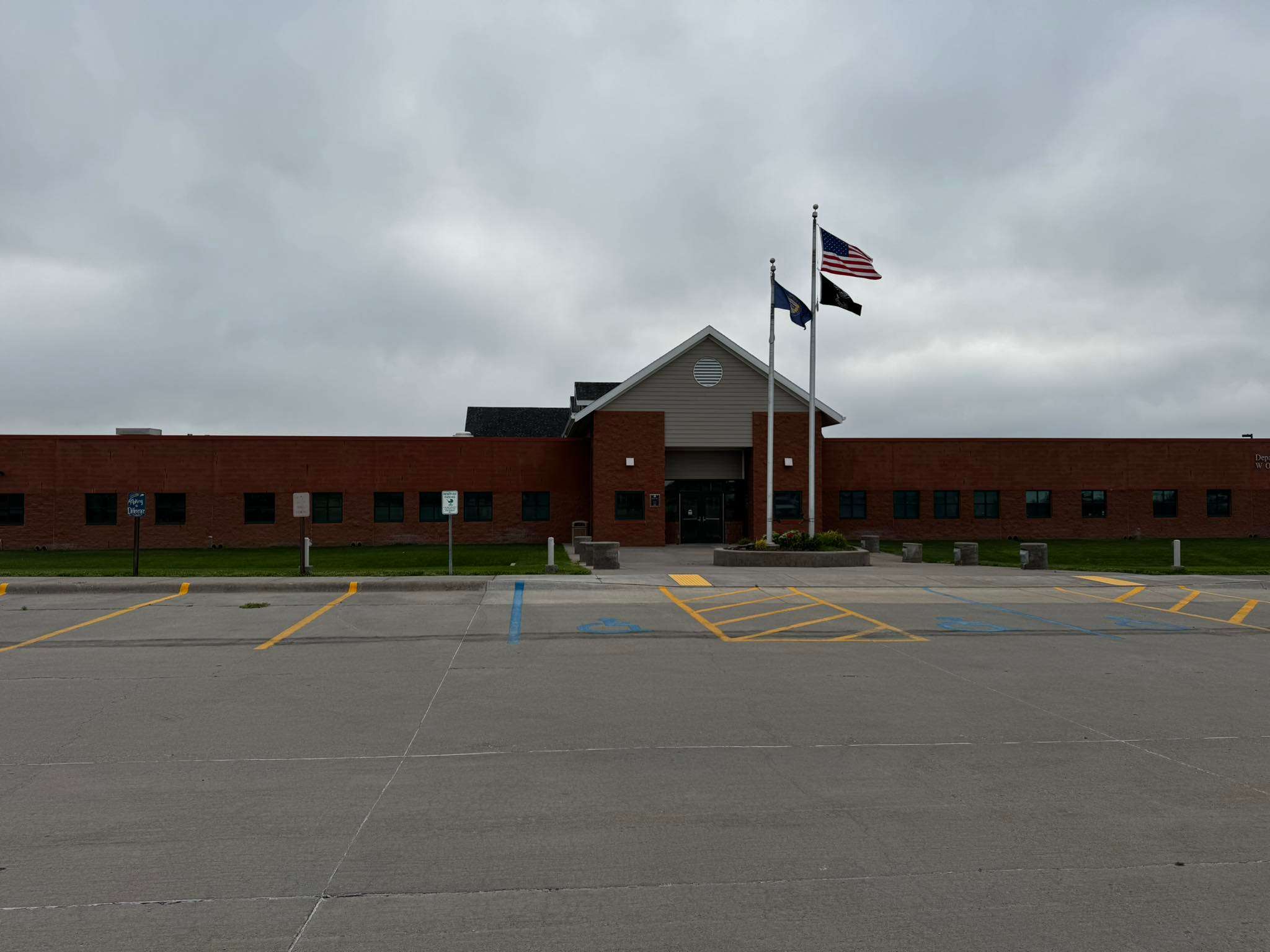
MCCOOK, Neb. — Governor Jim Pillen’s office has confirmed that Nebraska’s new ICE detention center in McCook is expected to be operational by November 1, though questions continue to surround transparency and oversight of the project.
The facility is a conversion of the state-run Work Ethic Camp, a minimum-security correctional program focused on rehabilitation and workforce development. The site, now branded the “Cornhusker Clink,” will house up to 300 low- to medium-risk ICE detainees, though the original facility was designed for fewer inmates. Detainees are expected to stay an average of five to fifty days while awaiting immigration proceedings. Pillen has said the partnership with the U.S. Department of Homeland Security is meant to address federal immigration needs while creating jobs in southwest Nebraska.
The project was publicly announced in August 2025, and state officials say it is on track for a November 1 opening. The state will continue to own and operate the facility through the Nebraska Department of Correctional Services, with the federal government reimbursing the state for housing costs. Pillen’s office has not confirmed whether a final contract with the federal government has been signed, citing ongoing negotiations. About 186 current state inmates have already been relocated to accommodate the change, highlighting the logistical challenges of the conversion.
While the governor has framed the project as a “win-win” for the state and federal authorities, it has faced growing criticism from lawmakers, advocacy groups, and residents. At least nine public records requests filed by news outlets seeking details of the negotiations have been denied or heavily redacted. Pillen’s office has cited legal exemptions and confidentiality agreements, but critics argue that the state is sidestepping public oversight.
Local responses remain mixed. Some community members and leaders see the facility as an economic opportunity that could bring jobs in security, administration, and support services, while others are concerned about the lack of public input, facility readiness, and potential long-term impacts on McCook. Lawmakers have also expressed concerns about staffing levels and whether the site can safely accommodate the new detainees.
Questions also remain about who will be housed at the facility, including whether women or families will be included, and what specific security or medical protocols will be in place. Pillen has stated that detainees will be low-risk individuals, emphasizing the state’s role in enforcing law and order while cooperating with federal authorities.
As the November 1 opening date approaches, the McCook ICE facility continues to draw attention from both supporters and opponents, highlighting the tension between operational goals and public transparency in Nebraska’s approach to federal immigration enforcement.




